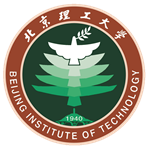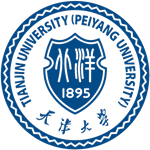📚About the Program
Beijing University of Chemical Technology (BUCT), founded in 1958 and located in Beijing, China, is a prestigious national key university that excels in developing cutting-edge chemical talent and conducting advanced scientific research. As part of China's Project 211 and 985 initiatives, BUCT offers a multi-disciplinary education across various fields, including science, engineering, management, and humanities, and has trained over 100,000 professionals since its establishment.
The Bachelor’s in Applied Physics at BUCT provides students with a solid foundation in the principles of physics and their applications in technology and industry. Students will engage in hands-on learning and research, covering topics such as quantum mechanics, thermodynamics, and electromagnetism, which prepare them for careers in engineering, research, and technology sectors. This program stands out for its integration of theoretical knowledge with practical skills, fostering innovative thinking and problem-solving abilities essential for success in an ever-evolving scientific landscape.
Show less








